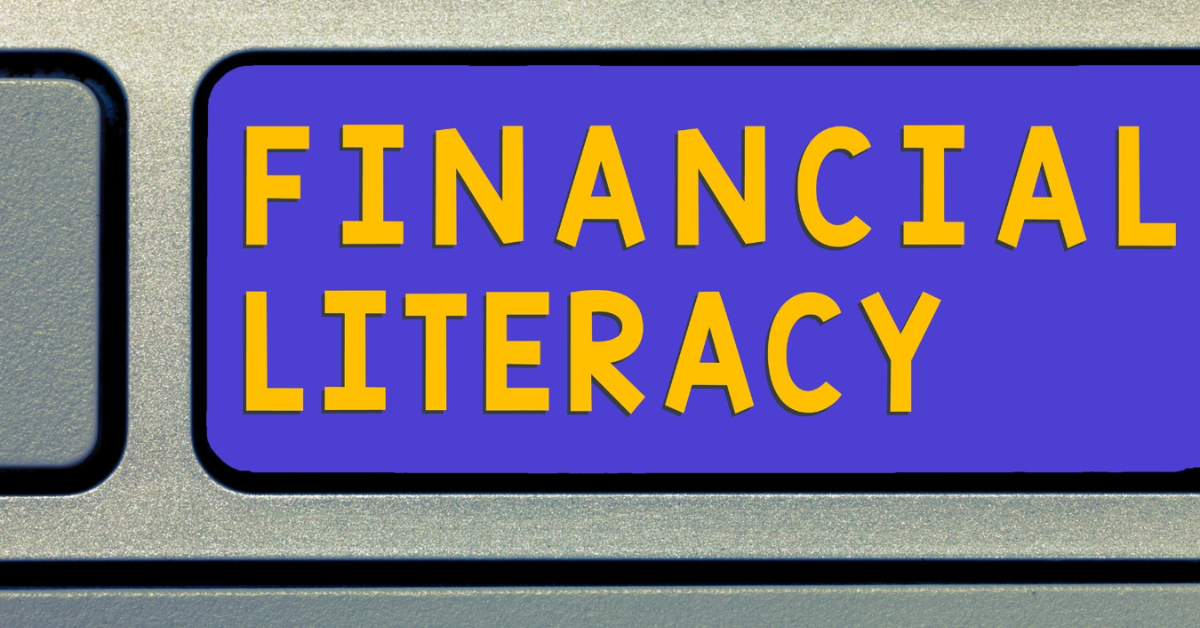Introduction
In a world where financial decisions are integral to everyday life, from choosing health insurance plans to investing in retirement, financial literacy is more important than ever. This blog explores the significance of financial literacy in personal wealth management and how it can empower individuals to make informed financial choices, enhance their quality of life, and secure their future.
The Importance of Financial Literacy in Personal Wealth Management
1. Empowers Informed Decision-Making
Financial literacy equips individuals with the knowledge required to evaluate different financial products and investment opportunities. With a strong understanding of terms like interest rates, compound interest, and the time value of money, individuals can make choices that align with their long-term financial goals.
2. Facilitates Effective Budgeting and Money Management
Knowing how to budget and manage money effectively is a direct result of financial literacy. This skill helps individuals track their spending, save adequately, and prepare for emergencies. Financially literate people are more likely to avoid living paycheck to paycheck, reduce their financial stress, and achieve financial stability.
3. Enhances Debt Management
Understanding the cost of debt and how to manage it is another crucial aspect of financial literacy. It allows individuals to make prudent borrowing decisions, such as opting for loans with the best terms and using credit responsibly. This knowledge is vital for maintaining a healthy credit score and managing debt loads that do not hinder financial growth.
4. Prepares for Retirement
Many people underestimate the amount of money they need to retire comfortably. Financial literacy educates individuals on various retirement planning tools and investment options, helping them to build a sufficient retirement fund. It also highlights the importance of starting early due to the power of compound interest.
5. Protects Against Financial Fraud
A well-informed individual is less likely to fall victim to scams and fraud. Financial literacy includes understanding how to protect personal information and recognizing the signs of fraudulent schemes. This knowledge is invaluable in today’s digital age, where financial scams are increasingly sophisticated.
Building Financial Literacy
Achieving financial literacy is not a one-time event but a continuous process. Here are some steps to enhance your financial education:
- Read Books and Articles: There are countless resources available that cover the basics of finance and investing.
- Take Online Courses: Many organizations offer free or low-cost courses on personal finance management.
- Consult with Financial Advisors: A professional can provide personalized advice tailored to your financial situation.
- Use Financial Management Tools: Tools and apps can help track your finances and educate you about your spending habits and investment choices.
- Stay Informed: Keep up with financial news and trends to remain knowledgeable about the economic factors that could impact your finances.
Conclusion
Financial literacy is crucial for long-term financial health and security, enabling effective wealth management, risk reduction, and goal achievement. As we navigate complex financial landscapes, the value of financial literacy becomes increasingly evident, underscoring its critical role in personal wealth management.
#FinancialLiteracy #WealthManagement #PersonalFinance #Investing #Budgeting #DebtManagement #RetirementPlanning #FinancialEducation #MoneyManagement #FinancialSecurity



